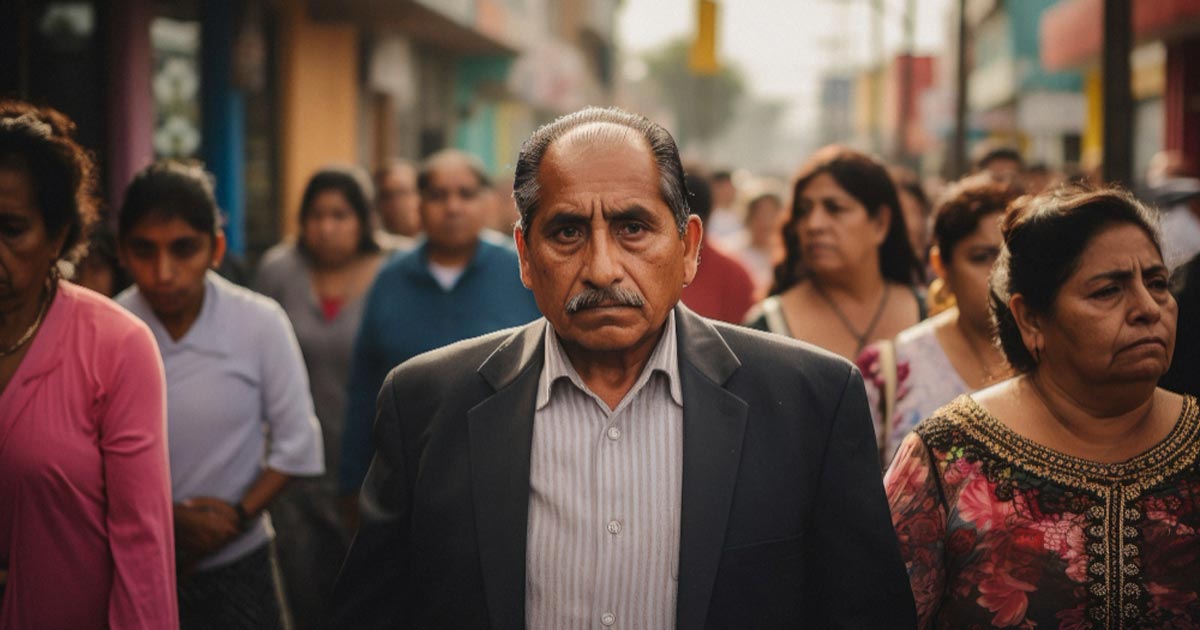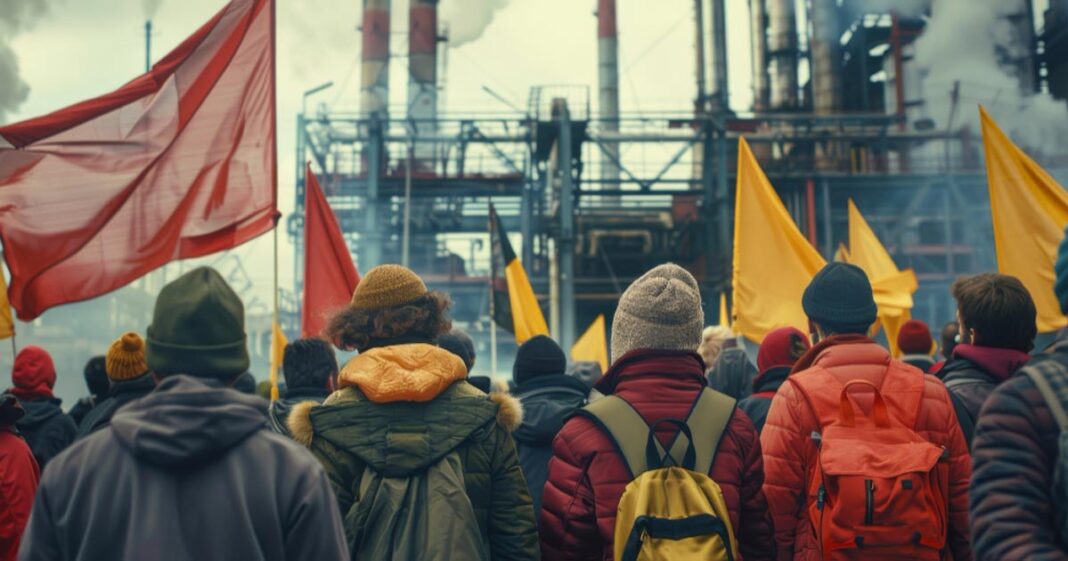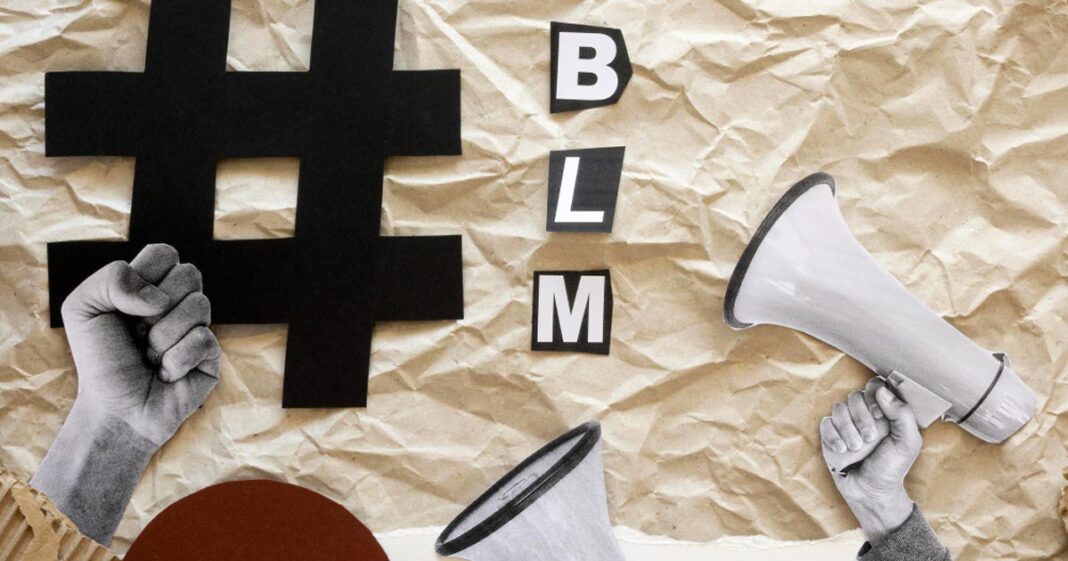
Introduction
In recent years, populist movements have gained significant momentum across the world, reshaping political landscapes. Characterized by their anti-elite rhetoric and appeal to the “common people,” populist leaders have disrupted traditional party politics. This article explores the causes of populism’s rise, key populist leaders, and its impact on democracy.
Understanding Populism
Populism is a political approach that claims to represent the interests of ordinary people against the elite. It exists across the political spectrum:
- Right-Wing Populism – Focuses on nationalism, anti-immigration policies, and cultural conservatism. Example: Donald Trump (USA), Marine Le Pen (France).
- Left-Wing Populism – Emphasizes economic justice, wealth redistribution, and state intervention. Example: Bernie Sanders (USA), Podemos (Spain).
- Centrist Populism – Challenges traditional political parties without clear left or right leanings. Example: Emmanuel Macron (France, initially).
Why Is Populism Growing?
- Economic Discontent – Economic inequality and job insecurity have fueled resentment against elites.
- Distrust in Traditional Politics – Many voters feel that mainstream parties have failed to address their concerns.
- Globalization and Immigration – Rapid cultural and economic changes have created anxiety among certain groups.
- The Role of Social Media – Direct communication between leaders and voters bypasses traditional media, spreading populist messages faster.
- Crisis and Uncertainty – Pandemics, financial crises, and terrorism have made populist narratives more appealing.
Key Populist Leaders and Movements
1. Donald Trump (USA)
– Ran an “America First” campaign, targeting globalization and immigration.
– Won the presidency in 2016 by appealing to working-class voters frustrated with the political establishment.
2. Jair Bolsonaro (Brazil)
– Rose to power with a strong anti-corruption and tough-on-crime agenda.
– Used social media extensively to connect with voters and bypass traditional news outlets.
3. Viktor Orbán (Hungary)
– Promoted nationalist policies and took strong anti-immigration stances.
– Consolidated power by restricting media freedom and judicial independence.
4. Brexit Movement (UK)
– Led by figures like Nigel Farage and Boris Johnson, Brexit was a populist rebellion against the EU.
– Successfully campaigned on the promise of “taking back control.”
5. Andrés Manuel López Obrador (AMLO, Mexico)
– Campaigned as an anti-corruption left-wing populist.
– Implemented policies challenging Mexico’s traditional political and economic elite.
Populism’s Impact on Democracy
Positive Effects:
– Increased Political Engagement – More people participate in elections and political discussions.
– Policy Shifts – Traditional parties are forced to address neglected issues.
Negative Effects:
– Erosion of Democratic Norms – Populist leaders often challenge independent institutions like the judiciary and press.
– Polarization and Division – Societies become more divided along ideological lines.
– Weakening of International Cooperation – Populist governments may reject global institutions and agreements.
Case Studies: How Populism Has Reshaped Politics
- United States (Trump Era) – Shift toward nationalism and deregulation, followed by a backlash in 2020.
- Hungary (Orbán’s Rule) – A democratic backslide with tighter media control and judicial reforms.
- Italy (Five Star Movement & Matteo Salvini) – Unstable governments with shifting populist alliances.
Conclusion
The rise of populism is a response to growing dissatisfaction with traditional politics. While it has empowered new voices, it also presents risks to democratic stability. As populist movements continue to influence global politics, the challenge remains: how can democracies balance public dissatisfaction with governance that preserves democratic principles?





